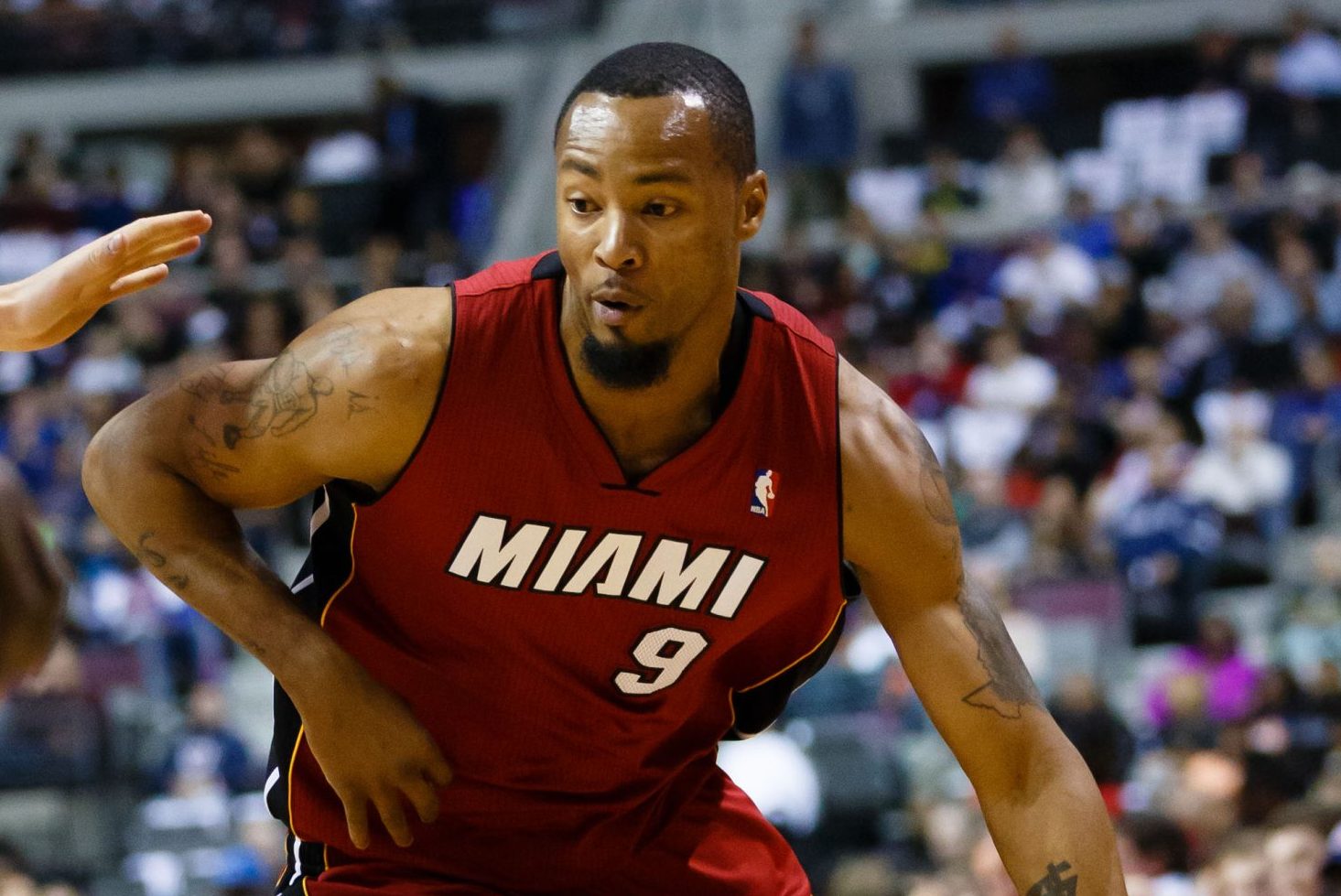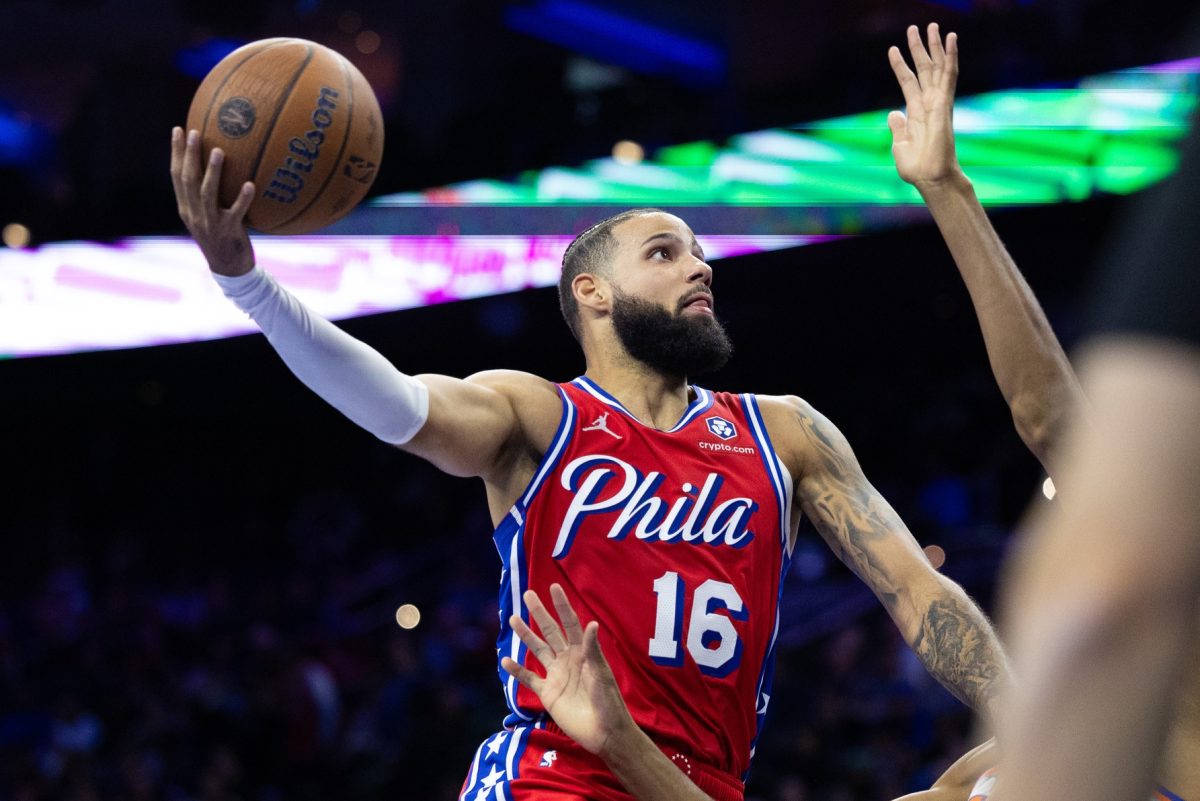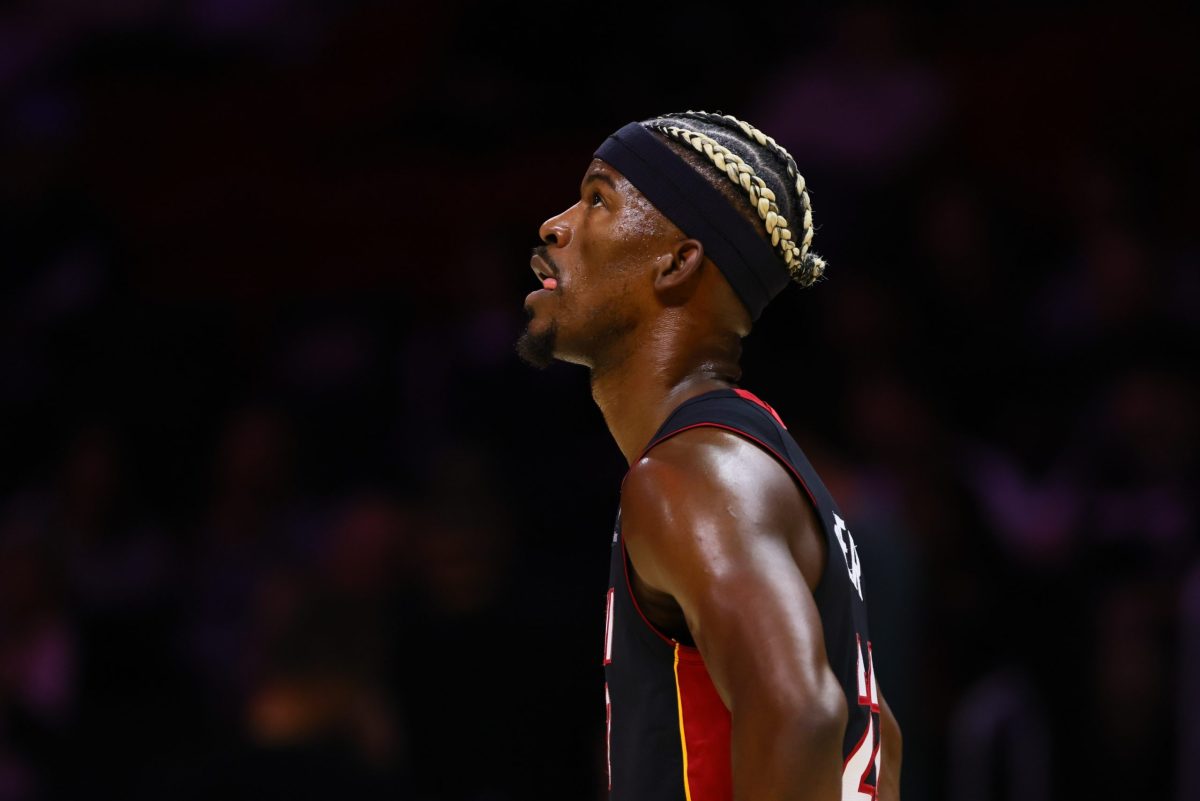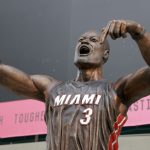A lot has changed in the world of sports regarding the approach to mental health.
For decades, mental health was not something that players, coaches or fans really ever spoke about. Now, mental health is a major talking point in the sports world.
That fact has offered former professional athletes the opportunity to discuss their own challenges during their time in their respective leagues.
One such player is former Miami Heat guard Derek Anderson. Anderson enjoyed a lengthy career in the NBA and won a title with the Heat in 2006. However, it wasn’t always easy for the former first-round pick.
Anderson recently spoke with Michael Lee of the Washington Post and opened up about the struggles he’s faced throughout his life.
The 47-year-old was abandoned by his parents by the time he was a teenager, became a father himself at 14 years old and was homeless for a time before an aunt and uncle took him in. He admitted that if he had sought more positive ways to deal challenges that came his way, he could have enjoyed a happier and healthier life during his time in the league.
“I was going through stuff and they was like, ‘You’ve got to toughen up. You’re not serious about basketball,’” Anderson said of the climate when he played from 1997 to 2008. “No one felt you could speak your truth back then. You could lose a family member and it’ll really hurt you and they want you back at work in a few days. It was rough back then.
“I would suppress it, keep it to myself. Sit at home. Then I would be stressed out the day before the game. Not perform my best, because I was thinking about stuff, family life,” Anderson said. “Not realizing, you’ve got to let stuff go. I could’ve done stuff different, I just didn’t know.”
It’s tragic to hear that he underwent such difficulty during his time in the league.
Five years into his stint in the NBA, Anderson discovered meditation, and he later participated in group therapy. Now, Anderson plays an important role with the players association, meeting with teams and players when they pass through Indianapolis or Atlanta to offer encouragement and support.
While discussing mental health concerns used to be stigmatized in the sports world, it is now largely supported. It’s wonderful to hear that a former Heat player played a key role in that positive change.








